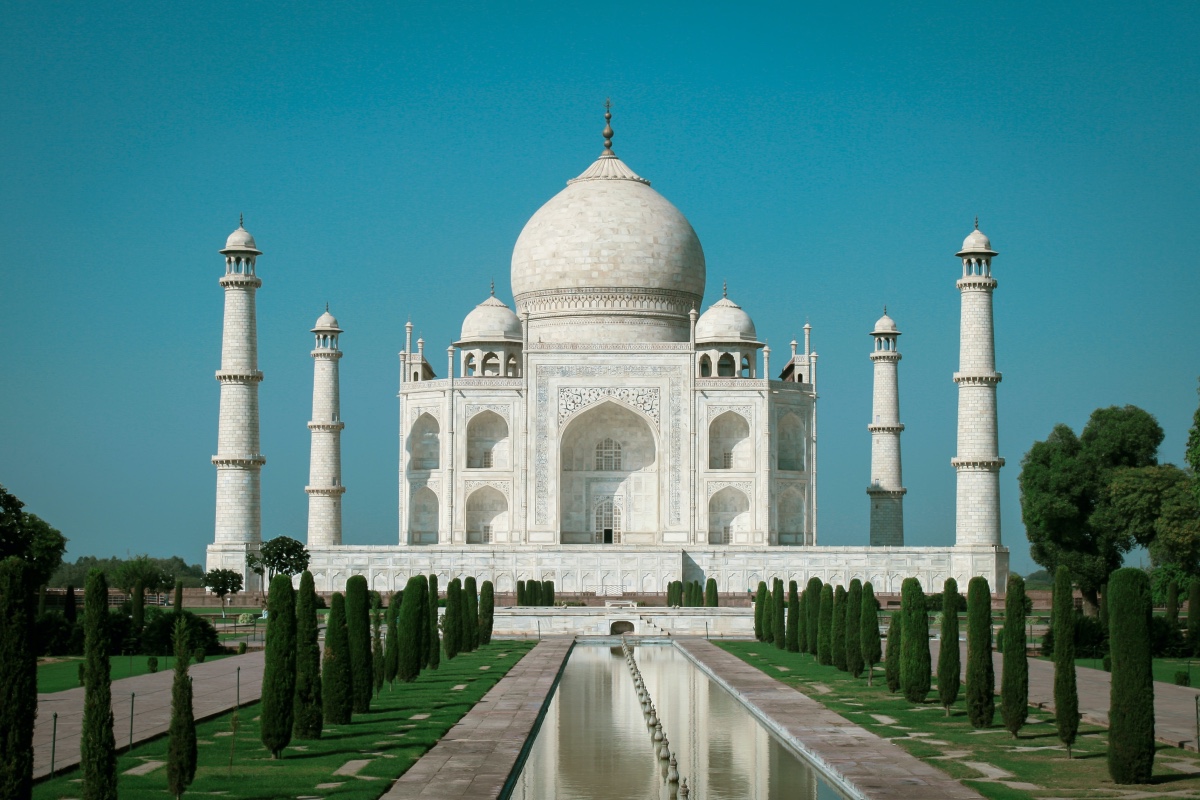Former PM Hasina Wins Landslide in Bangladesh
By Anis Ahmed
 |
Women queue to cast their votes at a polling booth in Dhaka December 29, 2008. REUTERS/Andrew Biraj |
DHAKA (Reuters) – An alliance led by former Prime Minister Sheikh Hasina won a massive parliamentary majority in Bangladesh’s first election in seven years, officials said on Tuesday, but a rival party complained of irregularities.
Analysts said it was unclear if the losers would accept the result or call their supporters onto the streets to protest, ignoring the judgment of independent monitors that the election appeared largely fair and credible.
Hasina, talking to U.N. election observers at her Dhaka home on Tuesday evening, said she wanted to work with all, including opposition parties, to strengthen democracy and achieve economic progress, a spokesman of her Awami League told reporters.
Strong security, imposed before Monday’s election in which a “grand alliance†led by Hasina won a landslide 263 seats in the 300-member parliament, remained in place across the country.
Police said they remained on the alert against feared attacks by Islamist militants as the army-backed interim authorities prepared to hand power to the elected government.
Police said they seized 28 live grenades and arrested two suspected Islamists in the port city Chittagong on Tuesday. “They are being interrogated,†a police officer told reporters.
Police earlier seized grenades and other explosives and held several suspects.
Hasina, 61, is expected to speak about her election victory at a news conference on Wednesday, her party said.
Strikes, street violence and attacks by militants trying to turn Muslim-majority Bangladesh into an Islamic state based on Sharia, Islamic law, have hampered past Bangladeshi governments.
Monday’s election marked a return to democracy after two years of emergency rule imposed by an army-backed interim administration.
“It’s critical that both sides accept the result … If not, Bangladesh risks sliding back into the anarchy, violence and corruption that have characterized its past,†U.S.-based Asian Society Fellow Sheridan Prasso told Reuters.
By late Tuesday Hasina’s own party had won 229 seats and her alliance 263 of the 295 results known, election officials said.
The group led by Begum Khaleda Zia, another former prime minister, won only 31 seats, an Election Commission official said. He did not say when final results would be announced.
Rivals Alternated in Power
Populist rivals Hasina and Khaleda alternated in power for 15 years up to 2006 in Bangladesh’s personality-dominated politics.
Hasina had been expected to win, but the size of her landslide victory could prove a problem by raising expectations she can deliver on all her election promises.
“People might now think that with the biggest election success of the Awami League since 1970, Hasina will arrange for them everything she listed in the election manifesto,†said Bangladesh Political Science Association chairman Ataur Rahman.
“But such things would be difficult in the current global scenarios, especially the international financial crisis.â€
Foreign direct investment in Bangladesh in 2007 was $666 million, down from $793 million in 2006.
Hasina has pledged to contain prices and promote growth in the country of more than 140 million people, 45 percent of whom live below the poverty line. She faces endemic corruption, political and social unrest and rising Islamist militancy.
Most Bangladesh Muslims are moderates, and analysts said Khaleda suffered from the presence in her alliance of the Islamist party Jamaat-e-Islami. Its chief and other leaders lost their seats and its parliamentary members dropped from 17 to 2.
“She courted the Islamists, ignoring popular sentiments. An apparent dislike of young voters (for her alliance) was another key factor,†said political scientist Ataur.
A leader of Khaleda’s Bangladesh Nationalist Party said its supporters were prevented from voting in various parts of the country, and it was filing a complaint.
“We have reports that BNP supporters were barred from coming to polls and also were driven away from polling stations in many places,†BNP leader Rizvi Ahmed told a news briefing.
Previous elections were marred by widespread accusations of vote-rigging, but this time both independent observers and many voters said they saw few irregularities. India and the United States have congratulated Bangladesh on a successful vote.
Problems went unresolved during the 15 years that Hasina and Khaleda were in power, partly because of protests, strikes and street violence by their parties when out of office.
The turbulence kept investors away and distracted the government from other challenges.
11-2













2008
725 views
views
0
comments